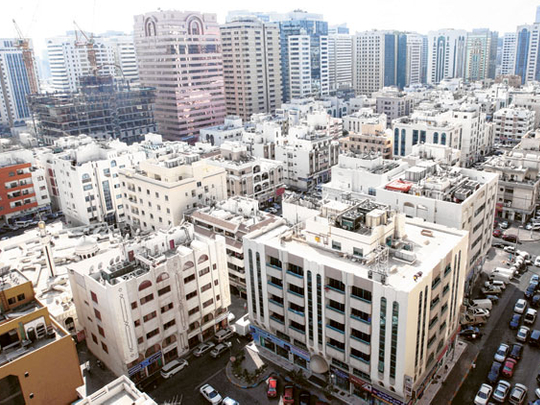
Abu Dhabi: The cost of eating in restaurants and staying in hotels rose more than 13 per cent in Abu Dhabi in March compared to a year earlier, government data revealed.
The UAE capital's consumer price index (CPI) rose by 1.3 per cent last month, Statistics Centre of Abu Dhabi (SCAD) said, with the category of restaurants and hotels climbing 13.4 per cent, tobacco and alcohol 9.5 per cent and food and drink 5.6 per cent.
But there was some consolation as prices of housing, water, electricity, gas and fuel decreased by 1.3 per cent, the data showed. Waddah Taha, chief economist and analyst at Zarouni Group, called on the government, particularly the Ministry of Economy and the Consumer Protection Department, to take action against what he called an "unjustified hike".
"[The] hike in prices should be addressed by the government in order to [keep them] within the budget of the people. The rise in some essential products in Abu Dhabi is more than that [in] the international market," said Taha, who went on to blame local importers.
"The importers and main outlets increase the prices as a preventive measure because most of their purchases are carried out in dollars or euros. They impose too many hedges in order to avoid any international rise which would result in the rise of commodities," added Taha.
No'man Ashour, chief analyst and economist at CNBC, agreed that cautious importers are raising prices, but he felt that the level of inflation was manageable.
"The reasons for the increase in the CPI are attributed to the rise in oil prices worldwide which in turn are reflected in the prices of the 12 essential commodities including the food basket and meat as well as beverages," said Ashour.
"In 2008 the CPI was 14 per cent and the growth rate of GDP was 6 per cent with lower purchase power at that time.
"Today the situation is much better and the inflation rates are quite acceptable," he added.
Taha said that more than 25 per cent of the family budget is spent on food.
"Up to 25 per cent of a family's income in the UAE is spent on purchasing food, compared to 23.4 per cent in 2011 and 16.6 per cent in 2010," he said.












